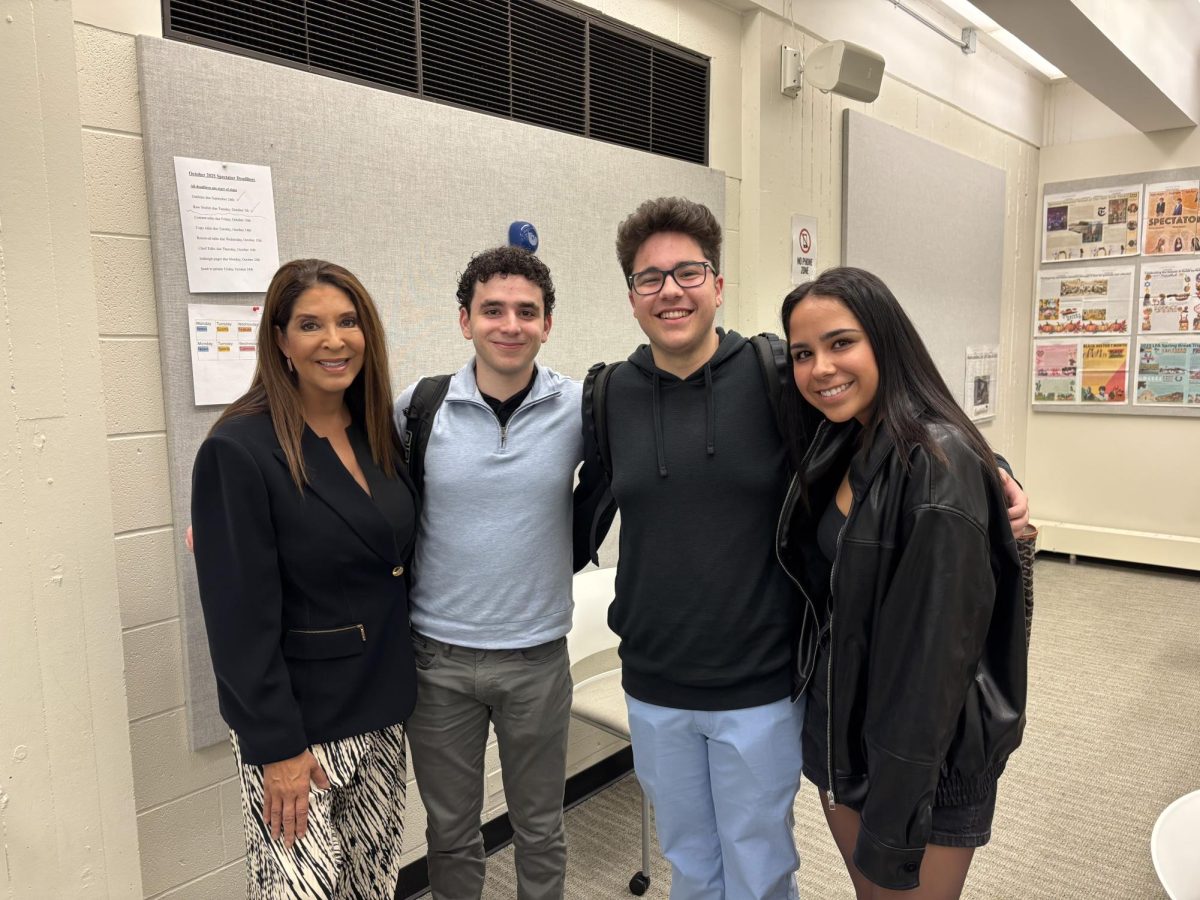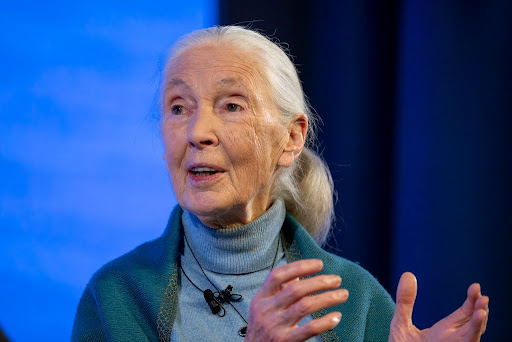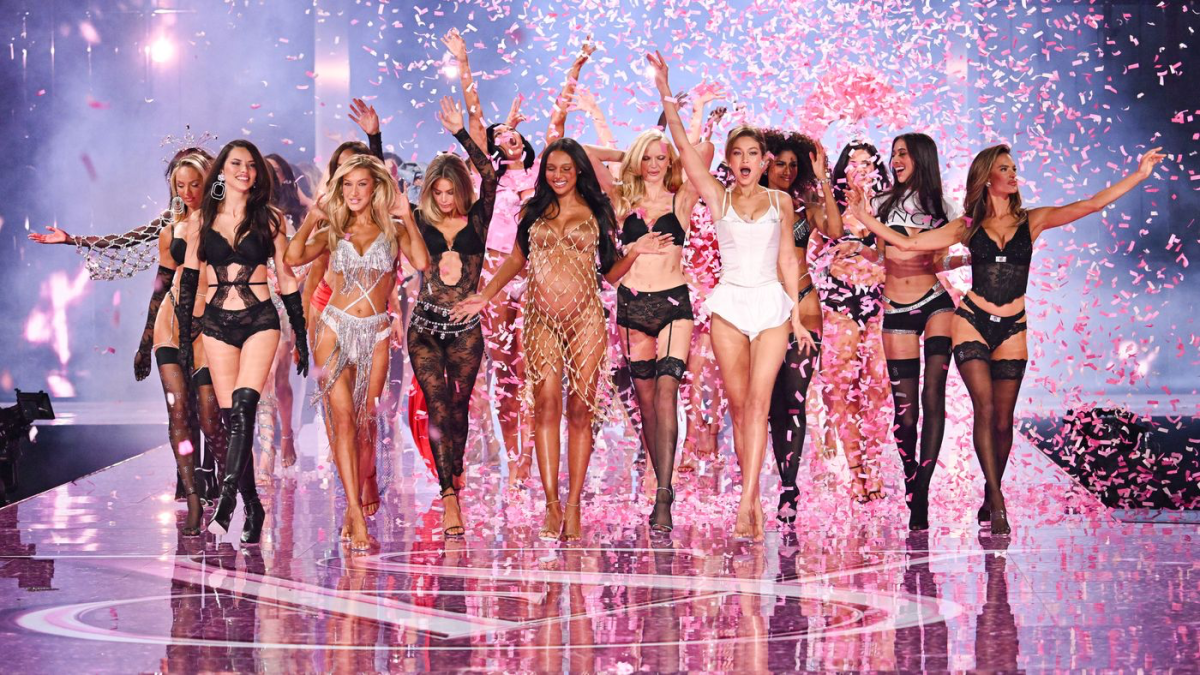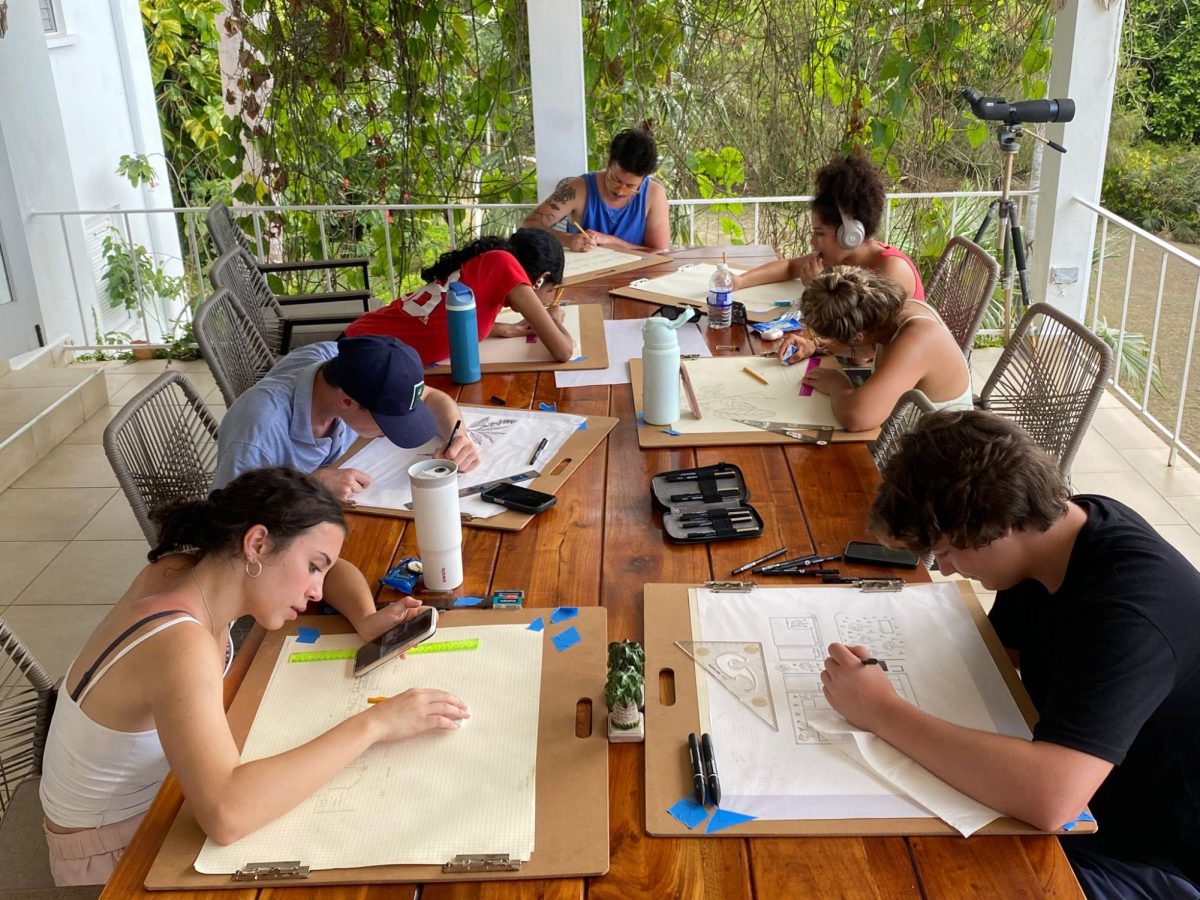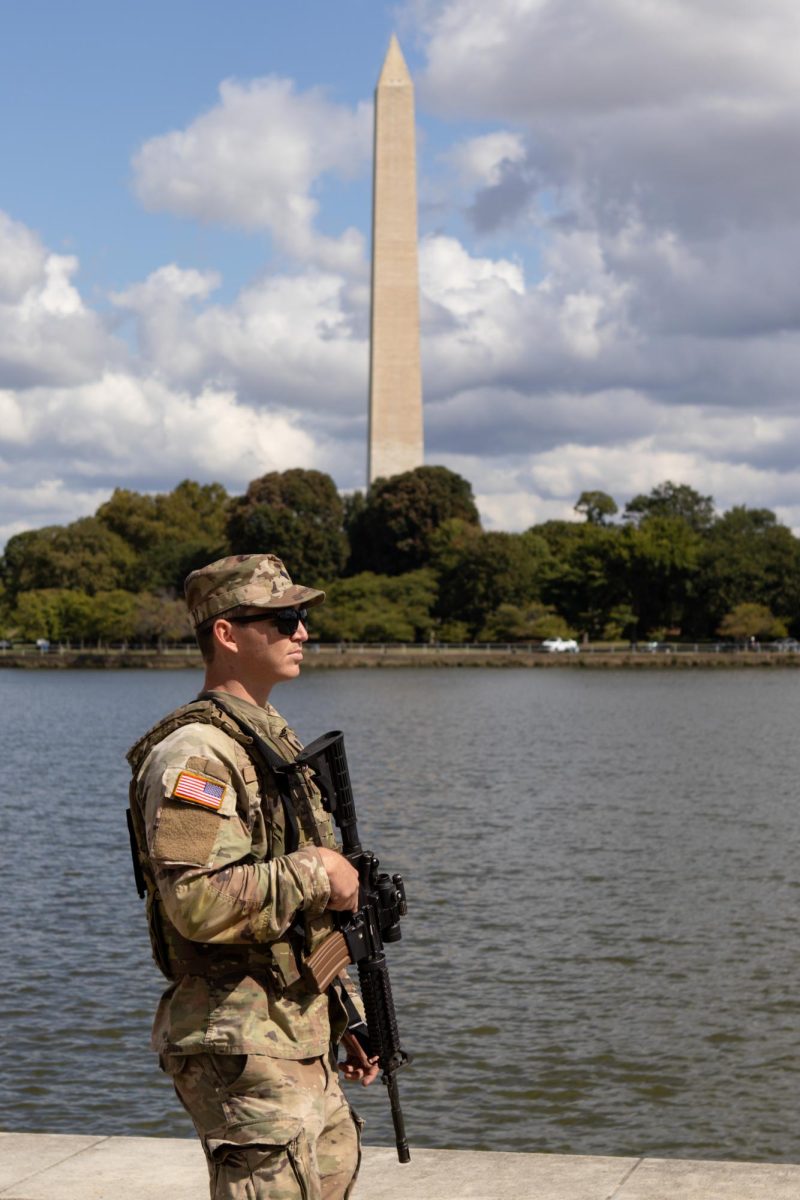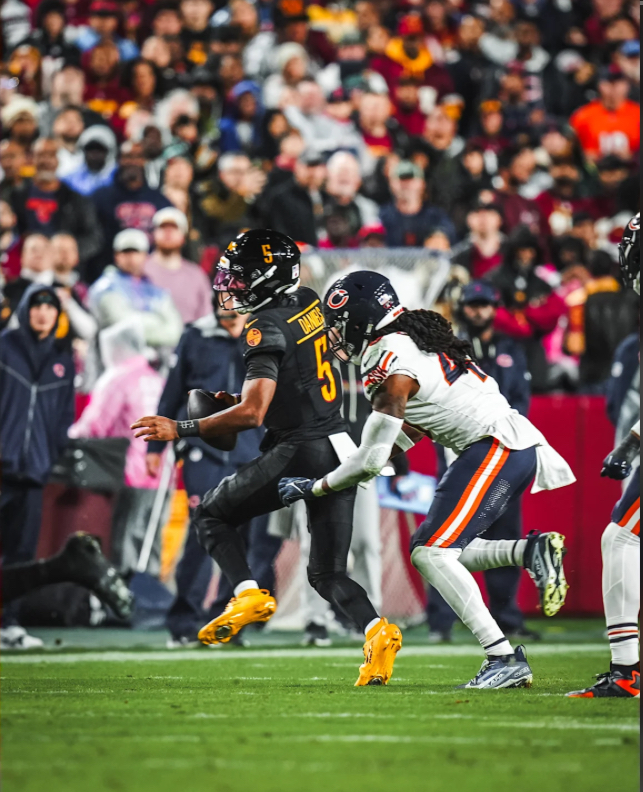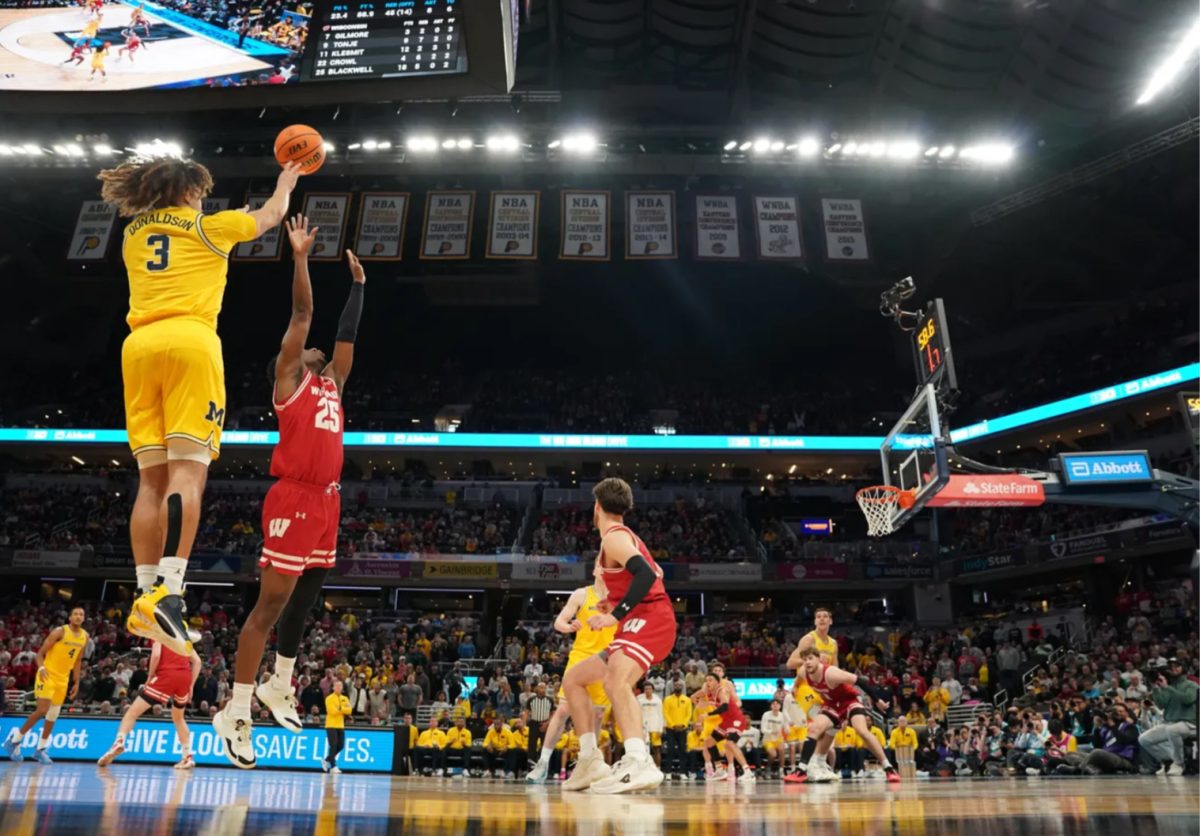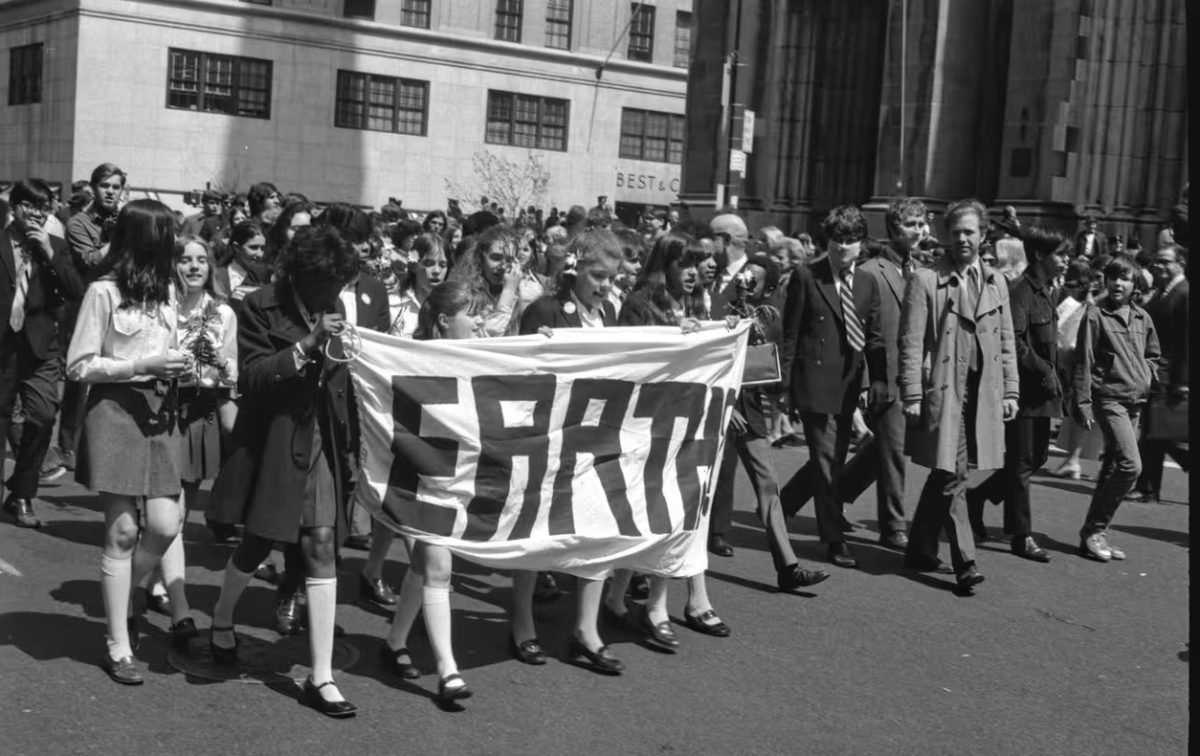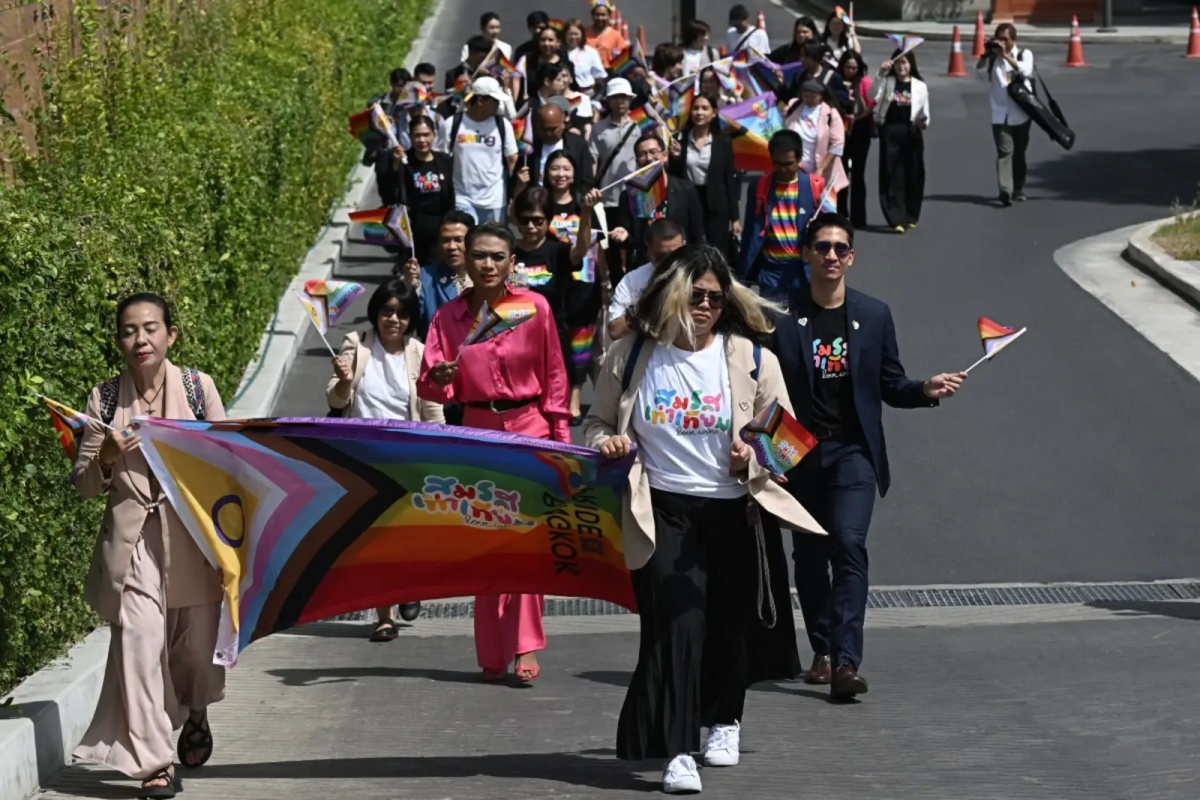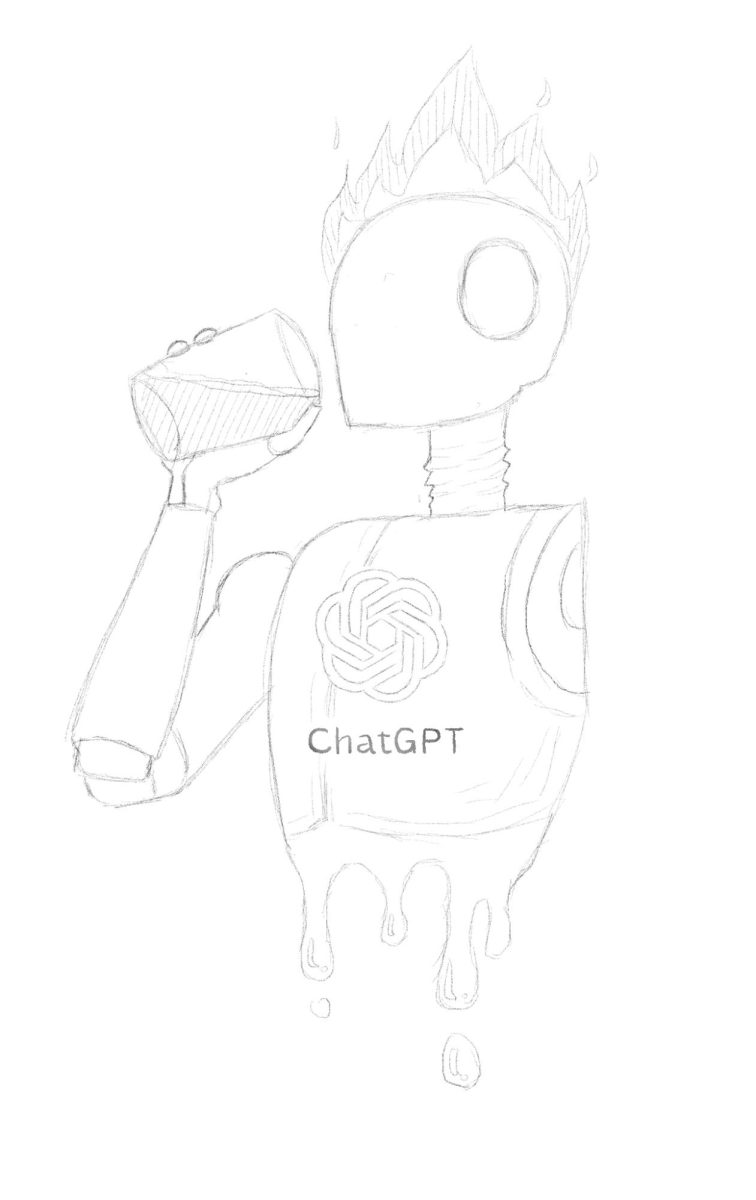Throughout history, there was a common stigma that muscle on women was socially unacceptable. Up until the early 1990s, there was a perception that women were supposed to be skinny, frail, and vulnerable. Since then, times have drastically changed and women being strong and muscular is now embraced. However, this does not negate the fact that there is still a prominent gender gap within the fitness industry. An article from Stylist.com stated, “Indeed, a recent survey by Sure Women suggests that one in four women are intimidated on the gym floor, and half have felt negatively judged while working out.” Women experience this feeling in many communities, including the LFA community.
Women’s Wednesdays, an initiative set up by LFA’s feminist club, the Harlow Society, was a movement in order to make the women of LFA feel more comfortable in the gym. Every Wednesday from six o’clock to seven, the fitness center was designated solely for women to have a safe place to workout.
In the past, there had been few instances that were reported of girls having their picture taken without consent while they were exercising. Joie Romelus ‘23, one of the leaders of the Harlow Society, stated, “This had happened a few times, not once, not twice, but girls would go to the gym and guys would take photos of them. I had one friend this happened to and she told me that after a guy had taken a photo and video of her, she didn’t have evidence. She couldn’t tell anyone to get him out of the gym, so she just stopped going to the gym.” The Harlow Society conducted surveys amongst the LFA community and discovered that this had happened to multiple girls throughout their years at LFA. Not only that, but some wanted to learn how to lift for the first time without feeling watched or embarrassed. Jennifer Madeley, the club advisor of Harlow Society, stated, “Maybe they haven’t ever been taught how to use certain equipment, or maybe they are uncomfortable in their own body, but they’re trying to improve their body. But, you walk into a place where all these people already know what they’re doing and have body types that people aspire to. It can make it hard. It can make it really uncomfortable.” The question then asked by the Harlow Society was, “How could we (Harlow Society) make the gym a safe space for women again?” From there, the idea for Women’s Wednesdays arose.
When the initiative was first announced in the LFA community, it faced some disagreement. Some felt as if the movement gave the wrong depiction of the male population at LFA and that it was unfair. Romelus explained, “You know, this is the thing; it’s not every guy, it’s not honestly, even half of them. It’s like 10% or less that’s messing it up for the rest of the population.” It’s crucial to recognize that it isn’t every guy acting in these ways and not every girl feels uncomfortable in the gym, in fact, it is a very small population that feels this way. However, no matter how small the population is, it is important to make everyone feel comfortable.
Many found the times to be inconvenient. For one hour from six to seven on Wednesdays, apart from Coach Malcolm, no men were allowed up in the gym. In some instances, it interfered with team lifts or if people wanted to workout after their later practices.
However, Romelus said, “It’s not about offending another gender, it’s about making one feel comfortable to be in the gym.” Madeley went on agreeing with the past statement and added, “It isn’t like you don’t belong, it’s about where do I fit in? How do I fit into this thing that historically was male? It isn’t about taking over. It isn’t about trying to be unfair. It’s about giving people an opportunity for people to learn and make themselves feel better and get stronger.”A compromise had to be made in order to make all genders feel safe to workout.
Entering the second semester, Women’s Wednesdays has died down and not many know that it is still up and running. The Harlow Society is working towards making the times more convenient and adding fun elements to Women’s Wednesdays such as specialized playlists to listen to while working out. They are hoping that this will make the initiative more prominent and inviting for students to attend.
Madeley concluded, “We recognize that there are people that are not being included in this. Obviously, the Harlow Society is a feminist club, but we do recognize that not all guys feel comfortable going to the gym.” There is a larger problem at hand of people of a variety of different identities not feeling accepted or comfortable in the gym. Women’s Wednesdays is only one part of the solution to this prominent issue.

